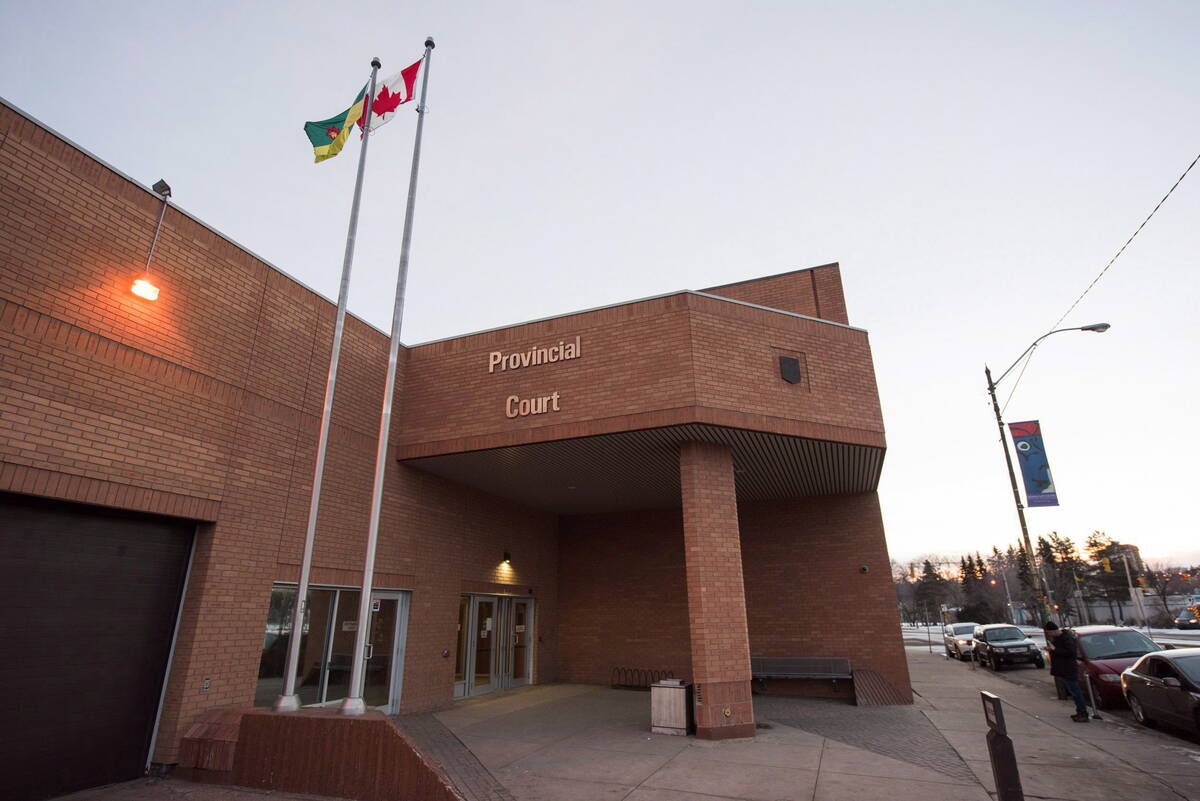Q: It’s becoming increasingly difficult to convince my fellow school board members not to scrap the school district’s music program.
Those of us who to keep it are running out of ideas to back our arguments. We could use some fresh ideas to support our drive for music in the schools.
A: Let’s begin by remembering that all art forms are composites of three major players. They are the creator (which in music is the person who wrote the song), the producer (or the person who either sings or plays an instrument) and the audience (she or he who is listening).
Read Also

Understand limitation periods if considering civil suit
A limitation period refers to the amount of time a plaintiff has to commence a formal claim in court or lose their ability to pursue it.
School programs tend to focus on the producer. They have band programs in which students have the opportunity to learn to play various instruments, choral groups teaching young singers how to sing in harmony and recitals, or other opportunities for performances, that give those students who are really interested experiences on the stage.
That is great, and often those school music lessons are all that some kids need to begin cultivating master skills on instruments they play as adults.
But there needs to be more if you are going to get that budget through.
By focusing so much on production (or how to play an instrument) most school music programs miss out on opportunities to help their students develop better listening skills.
It is sad because listening bridges the gap between music and mental health. Music opens the door to an expression and appreciation of emotional well-being.
The excitement and joy of life’s many successes are often celebrated in song. The depth of meaning in life, sometimes when we need a few moments to be sad, is supported through the dirge, or other momentous and powerful compositions.
Just about any emotional or significant moment to be had in the personal journey each of us must take is in music.
When we are teaching young people to listen to music, we are asking them to engage in something more than the distraction to life blasting its way through commercial radio.
We are asking that they see the story behind the song, the personal relevance of that to which they are listening.
We are giving them tools for challenging anxiety, for mastering depression and for minimizing the alienation of loneliness. Those are great lessons.
It starts early. Research has shown that moms who know how to listen to music carry babies who are more inclined to relax in the womb.
Other research has highlighted those many senior citizens staving off the deprivation of neurological degeneration when engaged in programs listening to music.
Listening to music is a life-long venture. The more we understand it, the more meaningful it is and all of those school trustees who vote “yes” to school music programs can rest well knowing that they are supporting the emotional well being of the many students for whom they are responsible.
Jacklin Andrews is a family counsellor from Saskatchewan. Contact: jandrews@producer.com.

















